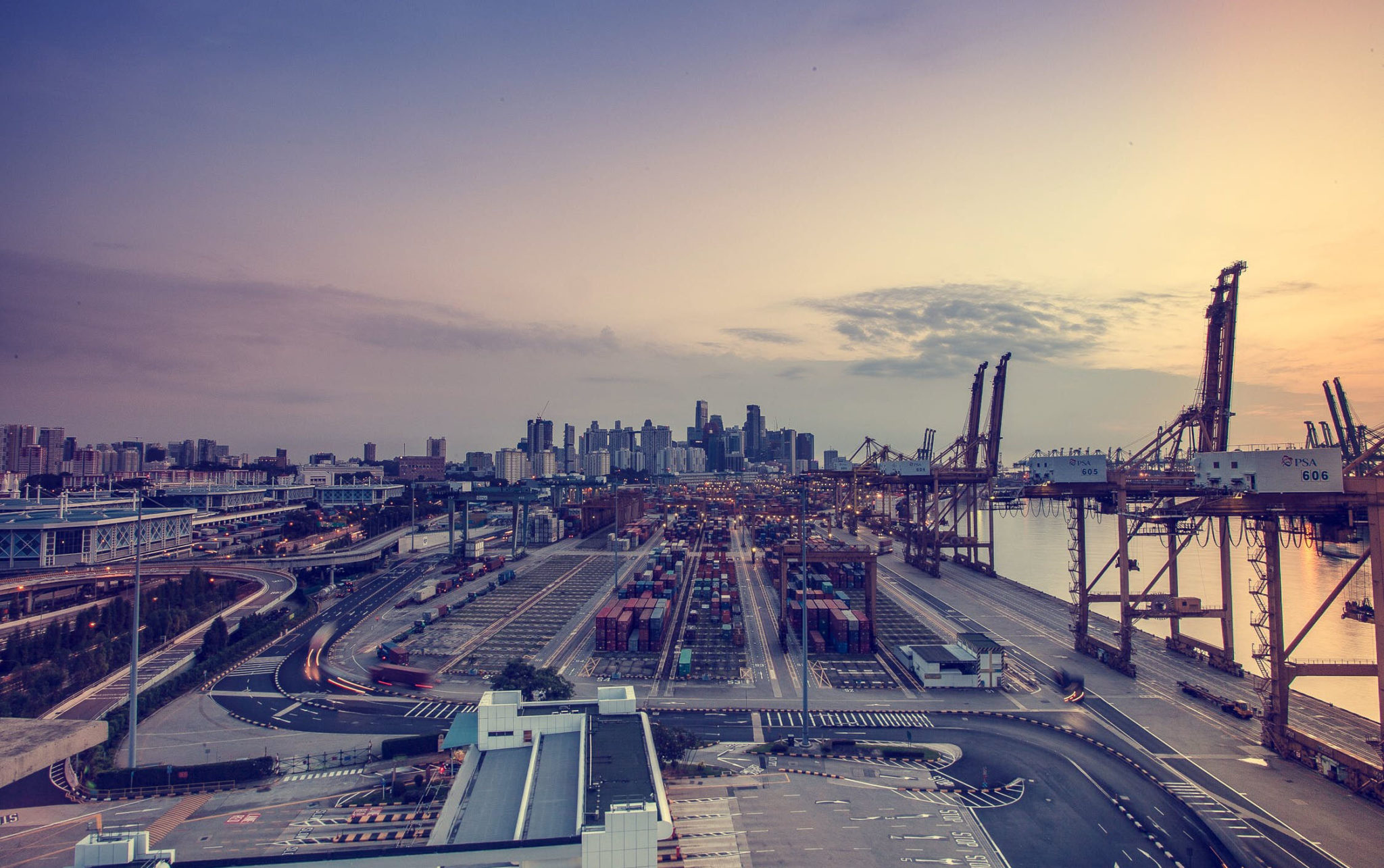Frontline healthcare workers are relieved when critical PPE arrives on site, and families are grateful to find store shelves restocked with toilet paper and disinfectant. With essential supplies in-hand, what these folks often don't recognize, however, are the heroic efforts taking place behind the scenes to deliver these products to market.
In the face of the COVID-19 pandemic, brokers, shippers and carriers are laboring under considerable stress and strain. While their work has never been more critical, it has also never been quite so risky. They must contend with the health and safety of their work forces, the economic downturn and the skyrocketing demand for capacity. In the rush to rapidly transform business operations, their increased risk exposure can easily go unnoticed.
As the freight industry seeks to better manage its risk, streamline processes, cut costs, preserve cash flow and, ultimately, protect business sustainability, insurance innovation is emerging as a critical piece of the puzzle.
Facing fresh challenges in the new COVID reality
Today, carriers are facing extraordinary pressure to rapidly move essential goods to market. Between FMCSA hours of service suspensions and pandemic-related panic, drivers are strained and exhausted—making them more likely to be involved in an accident.
What's more, private fleets may be entirely unaware that they're operating with additional risk exposure. With for-hire authority fast-tracked by the FMCSA, many are moving into the spot market—and they're likely self-insured. Meaning, they aren't carrying the same comprehensive insurance coverage as for-hire carriers right out of the gate.
Meanwhile, the economic downturn has rendered shippers incredibly vulnerable. There's no room for error. With business already interrupted by the outbreak, however, their cargo is moving more slowly than before—putting them at risk of contractual penalties.
Should goods be damaged or spoiled en route, without their own coverage shippers are forced to engage in time-consuming claims settlement processes that demand they prove carrier negligence—something they may be unable to do. If so, they absorb the losses at a time when losses are particularly painful. Even if their claims are successful, settlements must move through a human-driven process—straining cash flows as carriers wait for potentially 100 days or more.
Finally, as COVID-driven demand exceeds the ability of contractual logistics to cope, overflow freight is moving to the spot market. And, recognizing the urgency needed to move essential supplies, brokers are increasingly contracting with new carriers. In the rush, they're less likely to do proper due diligence.
See also: Will COVID-19 Disrupt Insurtech?
Tech innovation delivers real-time risk rating for the on-demand age
Traditional insurance has served the freight industry well for decades, but its fragmented processes can't deliver against the time-sensitive needs of today's market. There simply isn't time for a policyholder-to-insurance-broker-to-underwriter-and-back-again game of phone tag.
Likewise, while the freight industry has been awash in data, there hasn't been a way to harness that data to underwrite cargo insurance on a pay-as-you-go basis.
Loadsure technological innovation, however, has ushered greater efficiency and effectiveness into the cargo insurance marketplace. Leveraging APIs, Loadsure pulls in massive amounts of data to build predictive models powered by machine learning. These models, in turn, deliver the real-time risk rating necessary to introduce per-load insurance to the client's daily workflow.
A proprietary decision-making engine also automates the claims process, accelerating settlements from days, or even weeks, to just minutes.
Today, as freight businesses are challenged to remain profitable, and often with fewer resources, innovation offers a self-serve, pay-as-you-go approach that enables businesses to eliminate expensive annual covers and purchase insurance only when they're exposed to risk, cutting costs and preserving cash flow.






